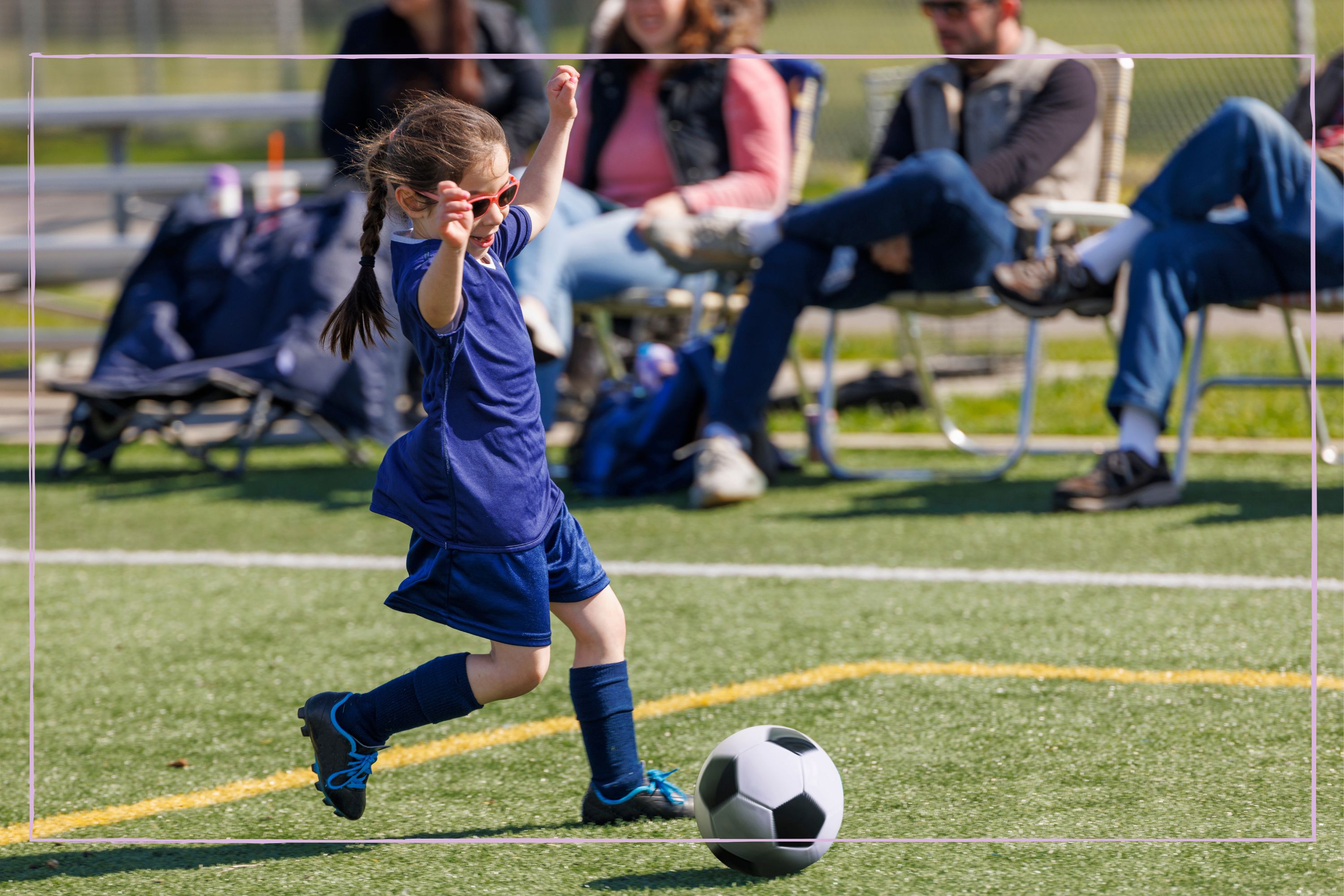You might want to hold your tongue when watching your kids play sports - new study reveals the massive impact a parent’s sideline behaviour can have on children
When you're shouting from the sidelines, the words you say can hugely affect your child's approach to sport

A new study has shown the unexpected way support offered by parents watching their child play sports can impact how they play - and you want to be careful with what sort of encouragement you shout out.
Weekends may once have meant a lie-in, but parents now often find themselves waking early to ferry their children to football practices, gymnastics lessons, karate courses and the many other sport classes that keep them healthy, happy, and active - even if it does mean endless early starts, blurry eyes, and constant questions about why you're so tired all the time.
With all these hobbies, parents end up on the sidelines of practices, often shouting words of encouragement to their kids - some louder than others - in an effort to be supportive. But a new study has revealed that, especially in team sports, the words a parent chooses to shout from the sidelines can massively impact their child's performance - and not just for the better.
A recent Australian pilot study surveyed 67 teenagers who play team sports and also have parents watching from the sidelines. The research aimed to find out how a parent’s behaviour influences their playing and there were three very important factors highlighted by their answers.
- Starting with a positive, the study found that if parents were being positive on the sidelines, such as cheering for the team, encouraging their child and their teammates as they played, and helping out if a team member fell over or was hurt, the child will, in turn, behave better towards both their teammates and opponents.
- However, the inverse is also true. If a parent chose to use negative sideline behaviours by yelling at their child if they messed up, by swearing or shouting put-downs and getting annoyed, or by reacting badly to referee or coach feedback, their child was more likely to be aggressive and angry while playing.
- A parent's behaviour can also influence how much a child enjoys a sport and whether they want to quit, with negative parental behaviour leading a child to get less enjoyment out of a sport and want to quit. (Although, a lot of factors can influence a child's decision to quit a hobby and, thankfully, a parenting expert has recently revealed how to know when quitting is ok and when to encourage a child to stick it out).
Still, positive parental behaviour can become negative for some children. The study found that certain words of encouragement may seem helpful and supportive but can also be controlling. Terms like 'c’mon, shoot', 'watch the ball' or 'kick it harder' can affect the child's playing as the pressure from parents suggests winning is the most important thing and, especially by shouting them out in front of the other parents and the child's teammates, can undermine the child's confidence in their own abilities.
So before shouting anything, think about whether you yourself would find your comments helpful if you were playing. Try using supportive phrases like 'good job!' or 'keep going!' and watch your child flourish.
In other family news, 76% of children want to spend more time in nature, new research shows - but parents face these two common barriers. Plus, new study reveals just how good working parents are for business - and you’re going to want to show this to your boss. If you;restruggling to teach your kids about the mental load, this genius psychologist-approved hack could be a gamechanger - and it’ll teach your kids an important life lesson too.
GoodtoKnow Newsletter
Parenting advice, hot topics, best buys and family finance tips delivered straight to your inbox.
Charlie Elizabeth Culverhouse is a news writer for Goodtoknow, specialising in family content. She began her freelance journalism career after graduating from Nottingham Trent University with an MA in Magazine Journalism, receiving an NCTJ diploma, and earning a First Class BA (Hons) in Journalism at the British and Irish Modern Music Institute. She has also worked with BBC Good Food and The Independent.